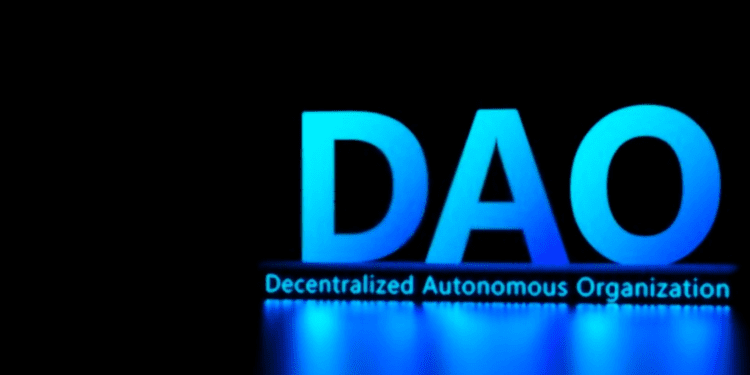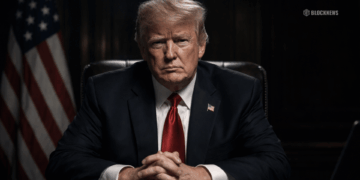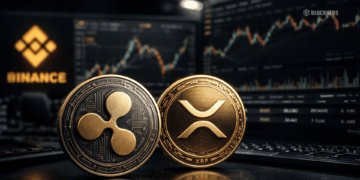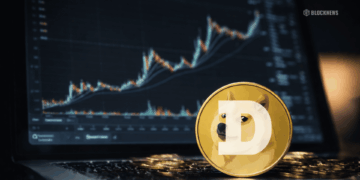Using its ephemeral loss protection mechanism, Bancor DAO is accused of misleading investors and incurring significant losses, according to a class-action lawsuit.
- Investors have filed a class-action complaint in the United States District Court for the Western District of Texas against Bancor DAO, its operator BProtocol Foundation, and its founders.
- The plaintiffs claim that Bancor operated as an unregistered security and misled investors about its impermanent loss protection (ILP) mechanism for liquidity providers.
Introduction
A group of investors has filed a class-action lawsuit against Bancor, a decentralized autonomous organization (DAO), in the United States District Court for the Western District of Texas. Bancor, its operator BProtocol-Foundation, and its founders are accused by the plaintiffs of misleading investors about their ILP (impermanent loss protection) mechanism for liquidity providers and conducting business as unregistered securities.
Background on Bancor’s ILP Mechanism
The impermanent loss protection (ILP) mechanism for liquidity providers was introduced in October 2020 with the release of Bancor’s v2.1 investment product. When a liquidity provider deposits assets into a pool, the loss that results when one of the tokens in the pool loses value relative to another is referred to as an ILP. The token’s value might be recovered later; thus, this loss is temporary. Bancor assured investors their ILP system would shield them from such losses to reduce this risk.
Allegations and Losses
According to the class-action lawsuit, the defendants knew Bancor’s v2.1 investment program was operating at a deficit. To fill this gap, Bancor introduced the v3 product, which the company claimed would provide competitive returns without posing any risks. But on June 19, 2022, a withdrawal spike caused the ILP mechanism to stall. The substantial losses suffered by investors who withdrew their money ran counter to Bancor’s claims of loss protection. According to estimates, U.S. individual investors suffered losses in the tens of millions of dollars.
Control and Securities Law Violations
In addition, the plaintiffs contend that the DAO was not genuinely decentralized and that the creators of Bancor nonetheless exercised significant control over it. They claim that the defendants had direct control over the Bancor DAO through dominance and manipulation and indirect supervision through capital, labor, and code. Furthermore, the plaintiffs claim that Bancor’s LP Program is a security and legally binding investment contract under U.S. law. They contend that investors would not have taken part in the LP Program if Bancor had complied with the necessary registration and disclosure requirements.
Legal Charges and Remedies
Six claims are made against the defendants in the class action case, including breach of contract, unjust enrichment, and violations of the Securities Act of 1933 and the Exchange Act of 1934. In exchange for the losses investors suffer, the plaintiffs demand compensation, damages, and interest.
Implications for Bancor and DeFi
The verdict in this action might have significant repercussions for Bancor and the larger DeFi sector. If the accusations against Bancor are confirmed, it could harm the platform’s reputation and erode investor confidence in the DAO model. Significant problems regarding the regulatory control of DeFi initiatives, namely about the categorization of tokens and investment contracts, are also raised by this case. Regulatory certainty is essential to protect investors and the sound growth of the DeFi ecosystem.
Conclusion
The class-action case brought against Bancor DAO, BProtocol Foundation, and its creators sheds insight on the dangers and difficulties investors in the DeFi sector must contend with. Claims of misleading practices and violations of securities regulations seriously impact bancors and the more significant decentralized finance sector. In this case, the verdict will establish the defendants’ legal liability and set a precedent for the legal system overseeing other DeFi platforms. To promote a sustainable and open financial ecosystem, finding a balance between investor protection and innovation is crucial as the DeFi industry expands.














